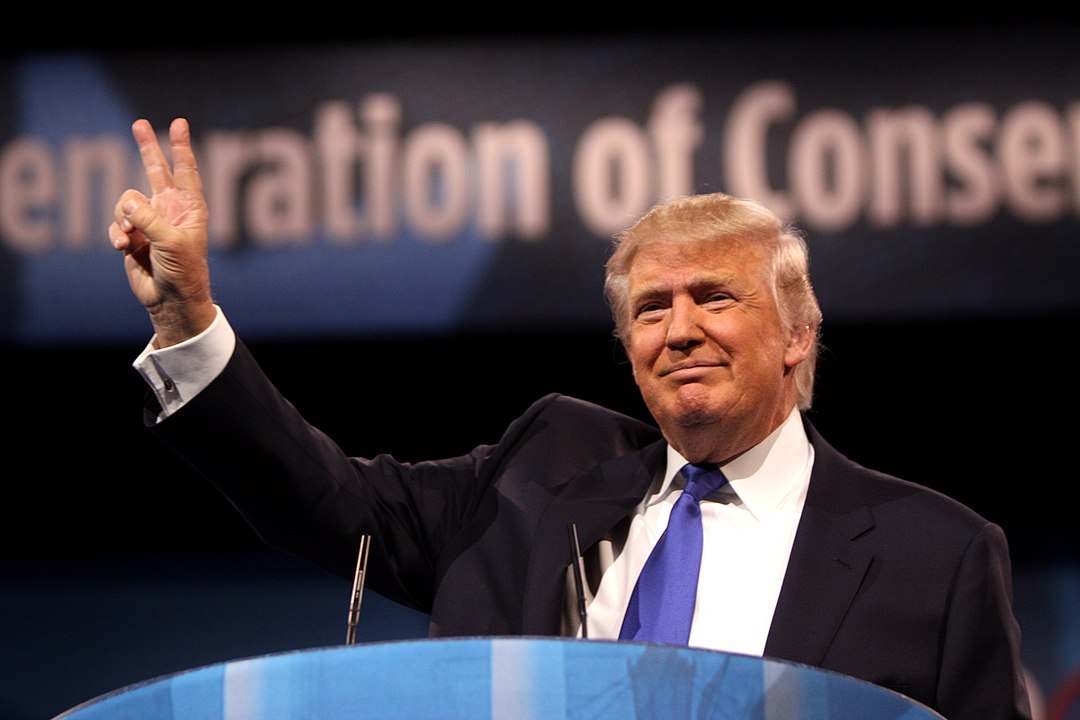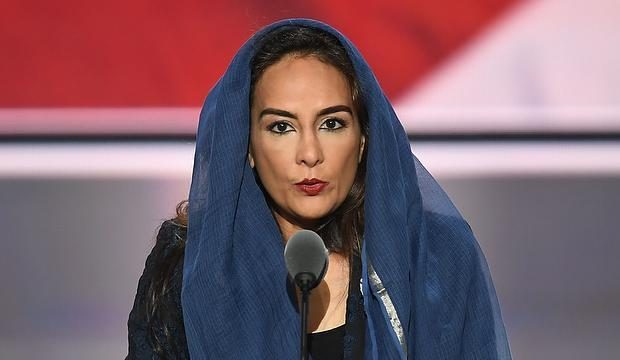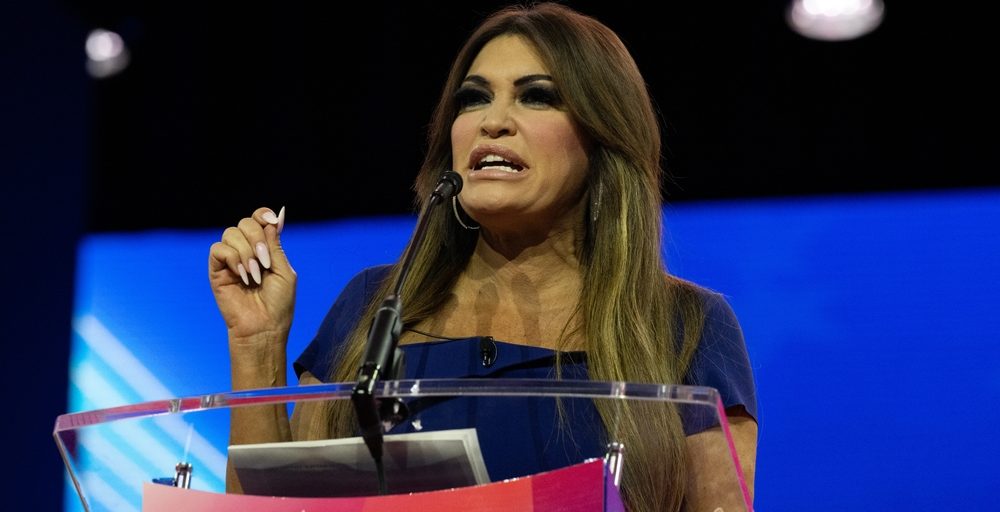Luke Patel from Solicitor Partner at Blacks Solicitors LLP enlightens Lawyer Monthly on what could be done to legally tackle fake news online.
The term ‘fake news’ is one we all recognise and we have all seen the dire consequences fake news can have. From false stories causing havoc, all the way to a doctored photo twisting the truth; no matter where untruthful stories sit on the spectrum of lies, fake news in the past has ruined people’s lives.
Not only can it make people believe things which are totally untrue, but it has caused a lack of trust in the media and distorted realities.
“The concept of “fake news” came to the forefront of public consciousness during the 2016 US Presidential Election campaign,” says Luke Patel, Solicitor Partner at Blacks Solicitors LLP.
With Google and Facebook clamping down on tackling this problem, the government is also under pressure to try and do something about this.
“A key question for the UK government is whether more should be done to tackle this very 21st century issue. It is apparent that the government is sufficiently concerned with this phenomenon to set up a Select Committee (Digital, Culture, Media and Sport) to explore the concept of “fake news” and the potential impact it is having on the public understanding of the world,” expands Luke.
What current legislation is there which can help victims of the effects of fake news?
Obscenity, invading one’s privacy and defamation are not always protected, but where it is not somewhat illegal, Luke Patel explains how there is specific legislation which can help.
“The UK already has specific legislation governing defamatory, offensive and malicious statements. The Defamation Act 2013 provides an avenue to pursue a claim if they can show that a false statement has been made and its publication would cause serious harm. However, it is clear that not all fake news stories would be covered by current legislation, as fake news is found in many different forms including with the aim of advertising.”
With the growth of online media and news, it is often hard to distinguish between what is true and what is false. There is also a tough line between deciphering an out of hand joke on twitter, from a purposeful, malicious statement. Governing that line is not only difficult, but how would we manage such a task?
“There is currently a lack of regulatory governance over the internet as there is no equivalent body to, say, OFCOM which regulates broadcast media including television and it may be time for the regulators to move with the times and regulate online media platforms. However, if the government does decide to increase regulation, serious issues arise as to how this would be balanced with the right to Freedom of Expression under the European Convention on Human Rights (ECHR),” says Luke.
Nonetheless, making fake news illegal would pose huge difficulty; it will question censorship, and somewhat the rights of one’s imagination. Imposing tighter restrictions could be an option, however, how do we determine freedom of speech from manipulation? “We await the recommendations of the Committee but it is a clear that there is a fine line that needs to be drawn between the right to Freedom of Expression under Article 10 of the ECHR and the creation of regulatory or statutory protection to ensure that there are effective deterrents in place to stop the influx of inaccurate news stories that are invading our news feeds.”
Until then, we must acknowledge ourselves with the key signs of fake news, to avoid spreading it and causing confusion. Ensure that the story has come from a reputable source, has been reported elsewhere on a variety of publications and websites, and the story itself is somewhat believable and is presented in an authentic manner.




















